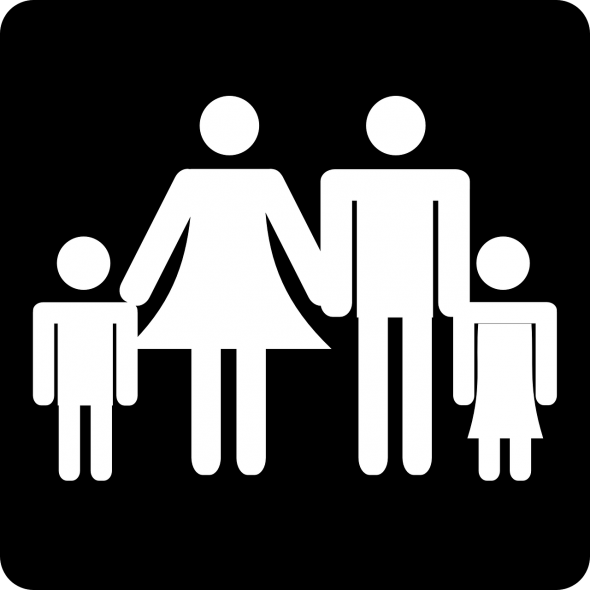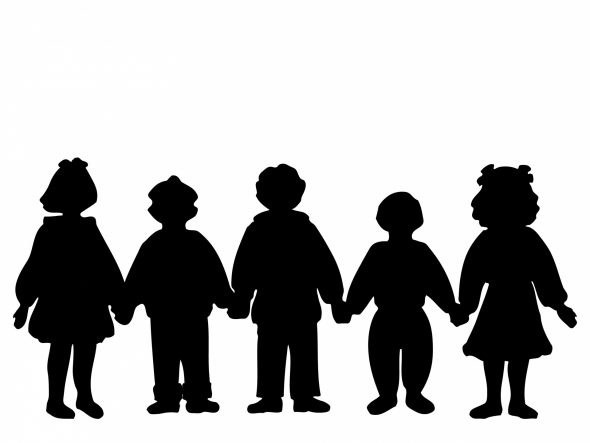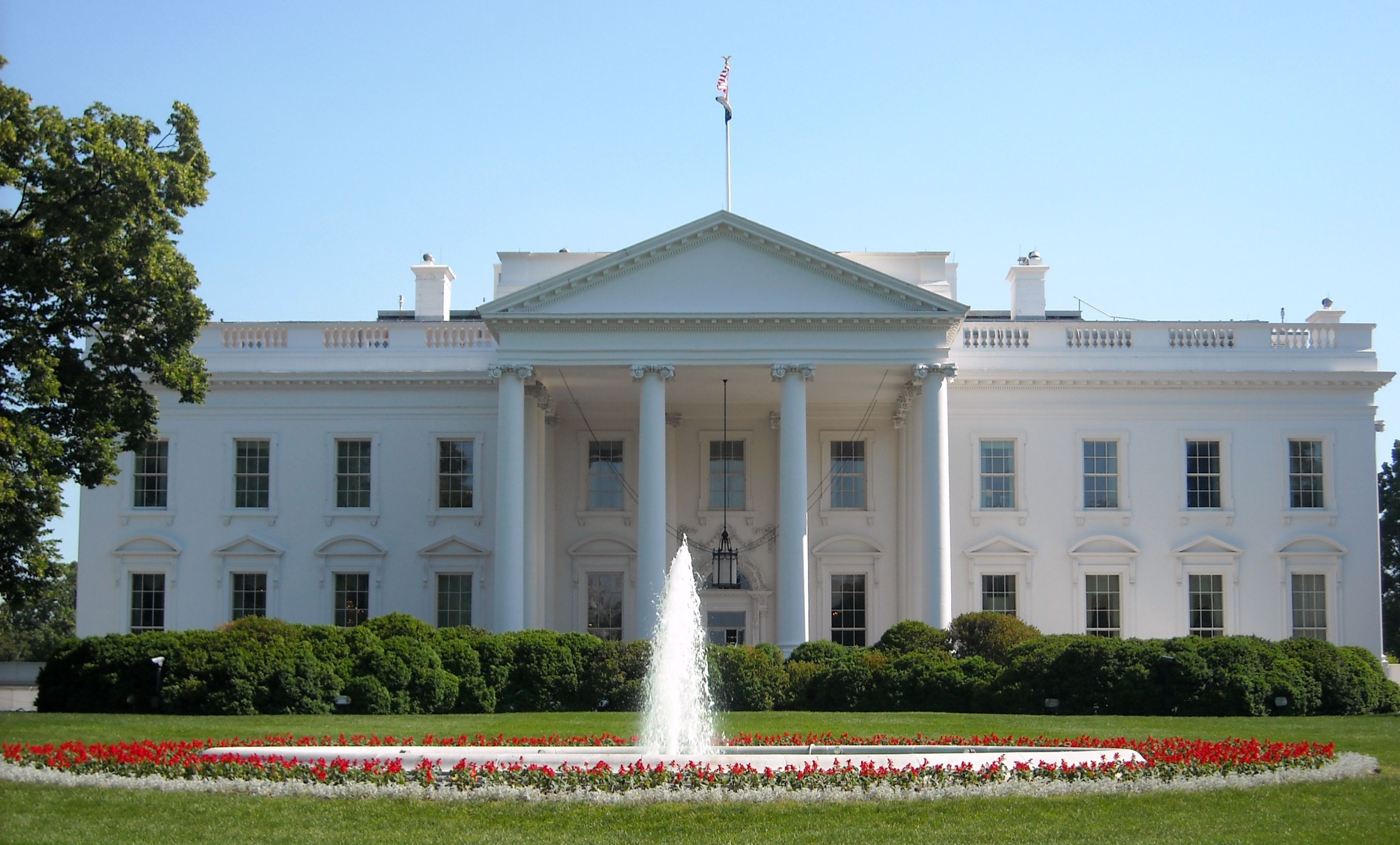I know my values pretty well. Integrity and patience are important to me, active honesty is challenging but critical. People should be positive but receptive to criticism, accept good and bad feelings and reflect on both in private and out loud.
But where do our ethics come from though? Some answers are obvious, but how those places overlap and interact is worth discussing.
Our first teachers

My father always said to be proud of the things I put my name on. My mother taught me to focus on details and do things right from the first step to the last step. Both of them remind me to be careful of my tone, although sometimes when I’ve had a tone without realizing it.
I’m fortunate that my parents are exceptional people, and I’m a good son. But I’ve lost my temper, been angry, not listened, etc. The novelist and children’s author Rebecca Davis has a great quote explaining why this is ok:
“When your teenagers lose their temper with you, they are actually giving you a gift. They know that if they acted this way with a peer, that peer might abandon them. When they lose their temper with a parent, what they are really saying is, “I trust you. I know you’ll never leave me.”
I have a tremendous amount of trust in my parents, and that’s a big reason why a lot of my personal ethical code comes from them.
Our parents get the first crack at teaching their kids ethics. It’s an old and widely used saying that we should respect our elders, but perhaps less mentioned is their responsibility to teach us. My dad always says that when I take a job at this stage in my life, employers have an obligation to teach me something new everyday. That actually transitions into the next place where we learn ethics.
Our workplaces

Working hard is a value, but it’s important to have a work environment that inspires us and inspires effort. This is especially true in newsrooms.
Consider Ben Bradlee, editor of The Washington Post during Watergate. Here’s what he said to graduates at the Columbia School of Journalism in 2007: “The real spiel I have for you is to have a good time while you are in your jobs. Have a good time. The newspaper will be great if you’re having a good time.”
Conversely, here are his thoughts on persistence in journalism: “Let me tell you two things. Number one: If you make a mistake, tell me about it right away . And number 2: you’re running in the fast lane now. You just fell flat on your face. Do you know what that means? Get the f*** up and run.”
Bradlee’s two seemingly contrasting values make him a great leader. These quotes reflects his priorities, that he wants happy reporters but won’t allow for carelessness or wallowing. He brings understanding and urgency to the work environment, and given that the Washington Post is one of the most credible news sources in the world, his values worked. This election cycle, the Post has performed exceptional and persistent investigation journalism, and I think Bradlee’s legacy is tied up in that. The reporters are part of a proud tradition, and that means strong ethics.
There’s one more key group of people besides our parents and professionals from whom we get ethics.
Friends

Check out this Telegraph article about the impact a child’s social circle has on his on her development.
While I feel the article and research exaggerates the idea that parents have no influence on their children, I agree that our friends affect us. For example, “children pick up the accent, speech patterns and attitudes of other youngsters rather than those learnt in the home, it is suggested.”
It’s important we surround ourselves with positive influences. Friends, our peers, are often going through comparative experiences. While our parents and employers can teach us, we learn with our friends, and that makes developing an ethical code collaborative, bringing in multiple perspectives and fostering community.
All of this is to say that while we have ethics, our ethical code grows with us. Our environments matter, so reflecting on values at home, at work and among friends may make for the strongest moral compass.

